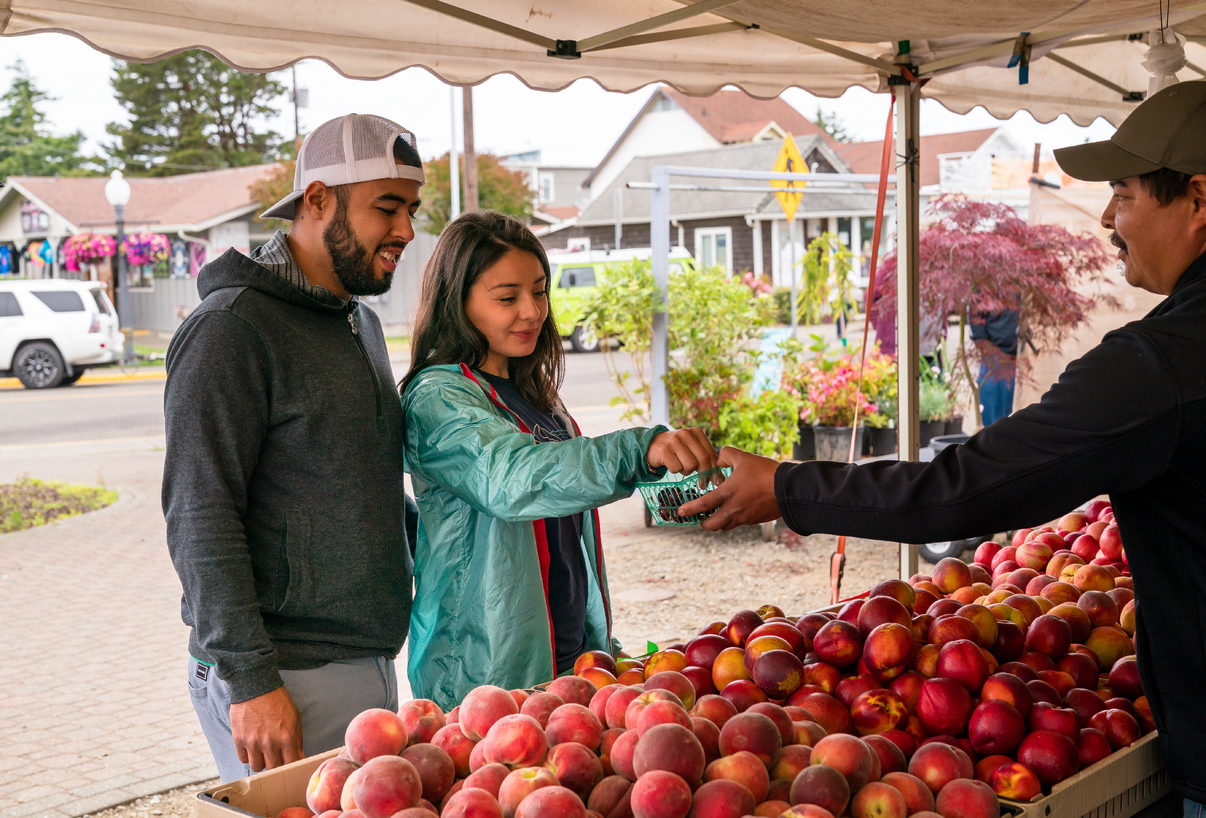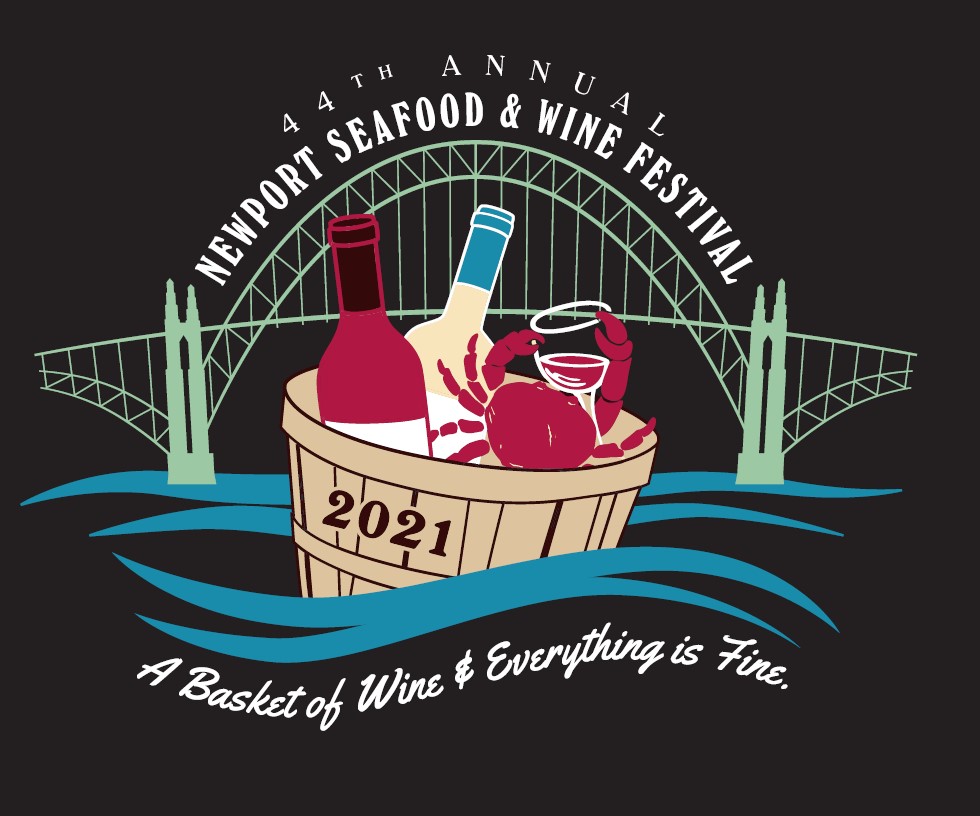To be or not to be seems to be the question that coastal communities are struggling with as they determine the fate of summer events in the face of COVID-19 restrictions. Last summer saw the necessary cancellation of beloved annual events as communities did all they could to stay safe while state and federal understanding of COVID-19 developed. A year later and community organizations like chambers of commerce and DMOs are struggling with two-week risk level changes, challenging planning timelines and event requirements. In mid-April, 17 coastal leaders from 12 communities along the coastline virtually met to share ideas, strategies and concerns for events during the upcoming summer season. Below are a few themes that came out of that meeting and can function as a conversation starter for other event planners and decision makers.
Event planners are masters of to-do lists in order to deliver a flawless event. These days there are a few additional boxes that need to be checked while preparing for an event, especially to ensure compliance with the state of Oregon’s COVID guidelines and sector risk levels. The go-to resources for safety can be found here:
- Outdoor Recreation and Fitness Guidance
- Outdoor Entertainment Guidance
- Sector Risk Level Guidance Chart
- Maximum Occupancy Resource for COVID-19 – For additional assistance on how to determine what your business’s general occupant load is, prior to incorporating and determining what the COVID-19 “Maximum Capacity Limit” is, please reach out to the local fire agency with jurisdiction in your area.

Annual parades, culinary festivals and other large community celebrations often have a timeline that is a year out from the event. However, with county risk levels in Oregon subject to change every two weeks depending on COVID-19 case numbers, large events are struggling with these potential last minute changes. Some groups are creating multiple backup plans to adhere to the four risk levels (Low, Moderate, High, Extreme) or are simply adjusting the event for the worst case scenario (Extreme Risk). Others are postponing entire events until a later date when guidelines may possibly be less restrictive. The decision is incredibly difficult as organizers grapple with community expectations of holding true to traditions, public safety risks are paramount and logistics like deposits, permits, suppliers and space need to be planned well in advance of the event.
Additionally, events need people to staff or volunteer at them which can be a challenge during a normal year. COVID-19 entertainment guidance requires “a designated greeter or host to manage visitor flow and monitor physical distancing while waiting in line, ordering, using restrooms and during entering and exiting” as well as prohibiting the congregation of people in public places like parking lots. Small organizations don’t have an adequate number of event staff to manage thousands of people gathering to see public displays like city fireworks, which are currently still considered an outdoor event. Many events on the coast take place at our largest venue; the beach. This poses a huge challenge to managing pedestrian traffic flow and six feet distance between participants because there aren’t entry points that can decipher between the general public and attendees at a public event.
At the core of all decision-making from state officials and local community leaders around events is public safety. Small rural towns are especially vulnerable to COVID-19 breakouts and general emergencies due to smaller medical facilities. Last year’s cancellation of most organized public fireworks showed that large crowds still came to the coast and people brought their own fireworks which were shot off at numerous locations, in all directions and at different times. It certainly has organizers now debating what’s riskier – an organized event where a COVID-19 breakout could occur but has an agenda, safety messaging and some staff or a non hosted event where people might bring their own fireworks and a COVID-19 breakout could still occur.
Speaking of fireworks, communities like Otis and Lincoln City have a heightened awareness of fire risk after last year’s wildfires. Many are wondering about the possibly dangerous combination of dry weather and a ‘bring your own fireworks’ style of 4th of July if there isn’t an organized event for people to attend. Other cities like Cannon Beach have banned fireworks altogether to protect the National Wildlife Refuge and provide an alternative destination for those who are looking for a more peaceful 4th of July weekend.

The past year has forced people to think outside of the box and many communities have done just that. The annual Newport Seafood and Wine Festival made a large pivot and sold ‘to-go wine baskets, hosted virtual events and still encouraged attendees to enjoy the wine, seafood and virtual experiences from their own lodging in Newport. Although different from previous years, the event was a hit and had major participation. One hang up was the high cost of Oregon Liquor Control Commission’s (OLCC) permit for selling the baskets online. In fact, House Bill 2363 is in session right now and just advanced. It changes OLCC permit requirements so that nonprofits that host events like the Seafood and Wine Festival don’t have to pay for multiple permits to hold online sales.
Conversations around hosting and adjusting summer events are ongoing. Communities are putting their heads together to see how timeless traditions can continue to happen in our small towns. We recognize that for a lot of small nonprofits, revenue from annual events is critical to operating budgets and many of these nonprofits are key to economic recovery. Event organizers have more questions than answers right now and that’s an honest reflection of balancing economic recovery, public safety and operating capacity.
– Written by OCVA